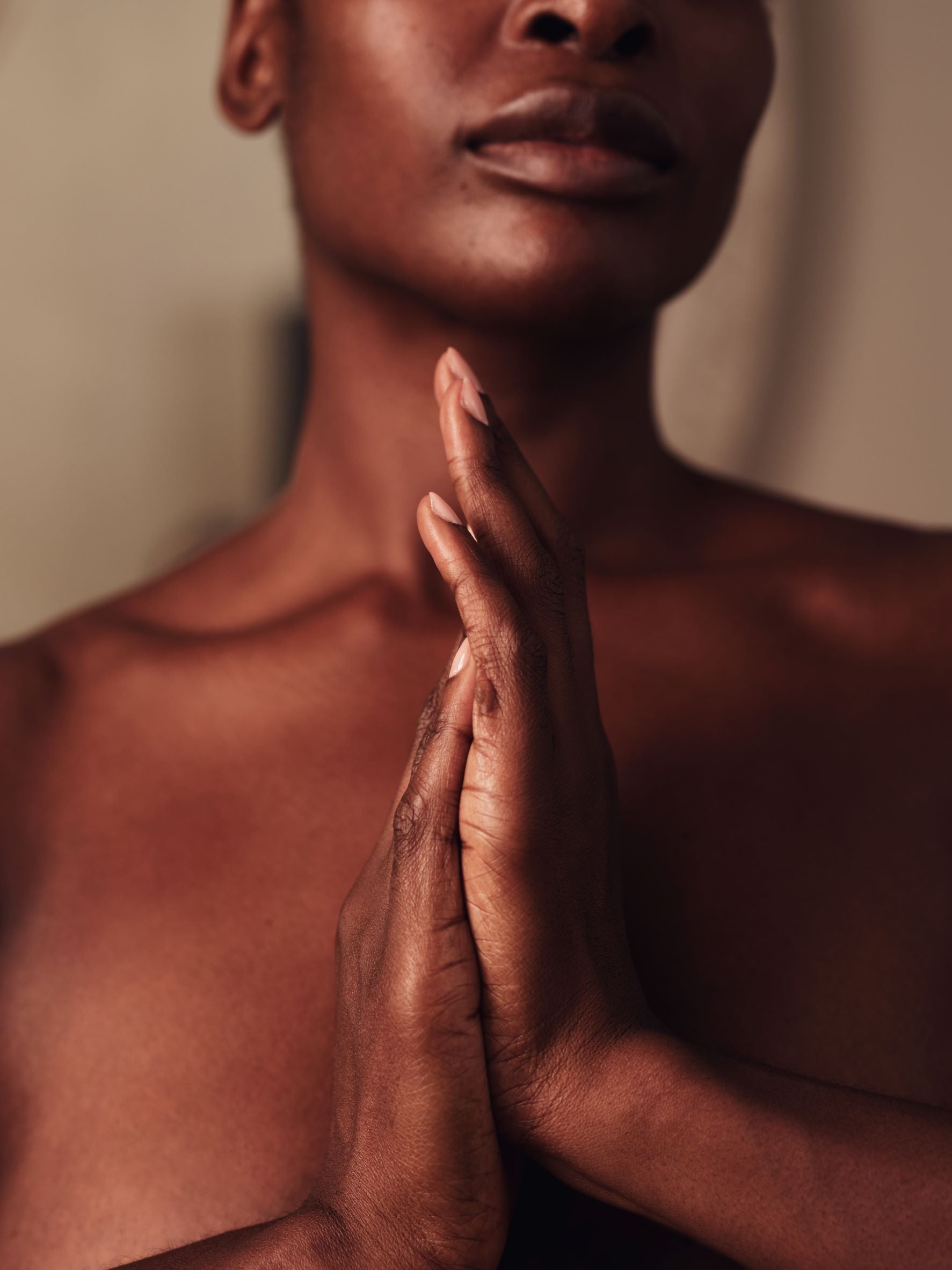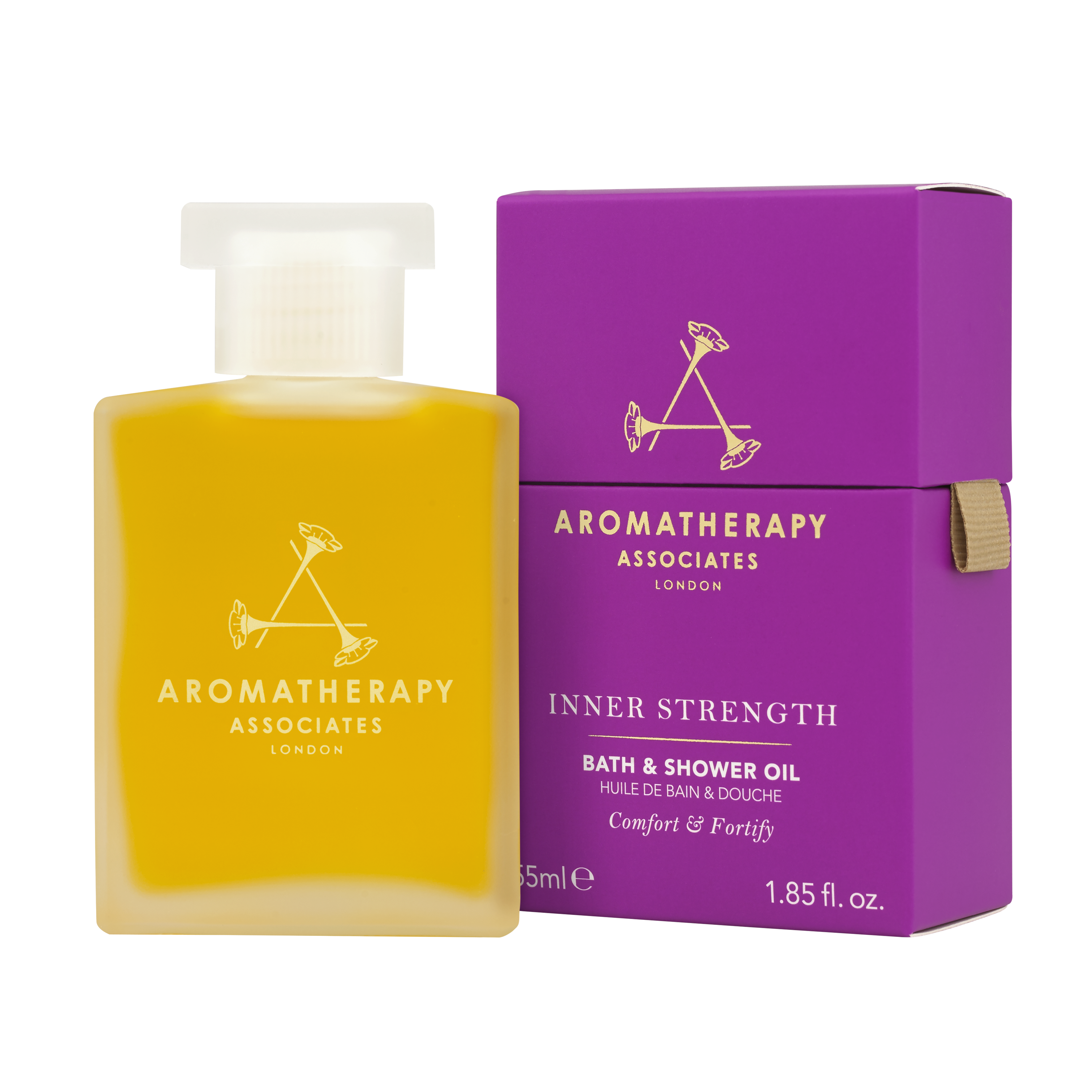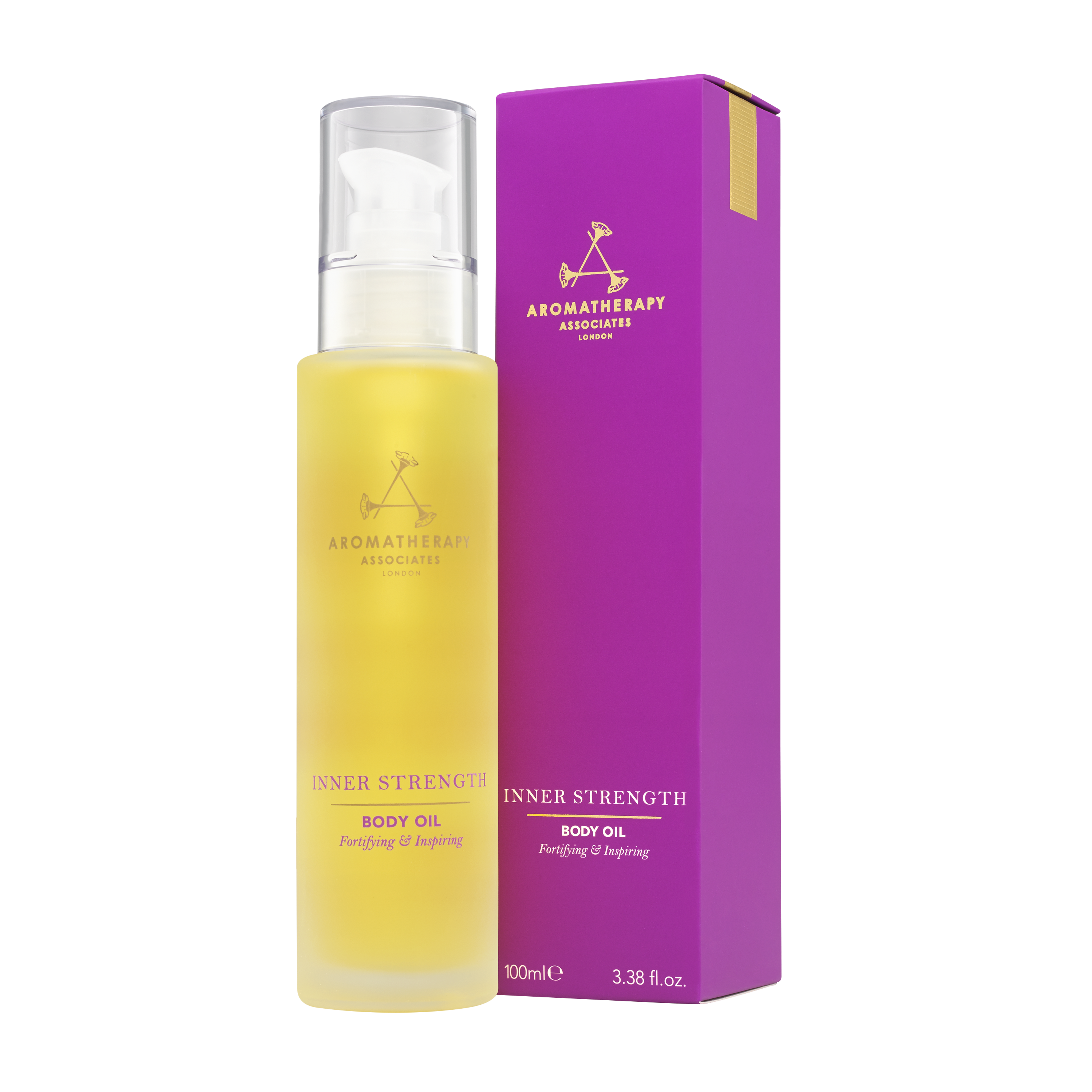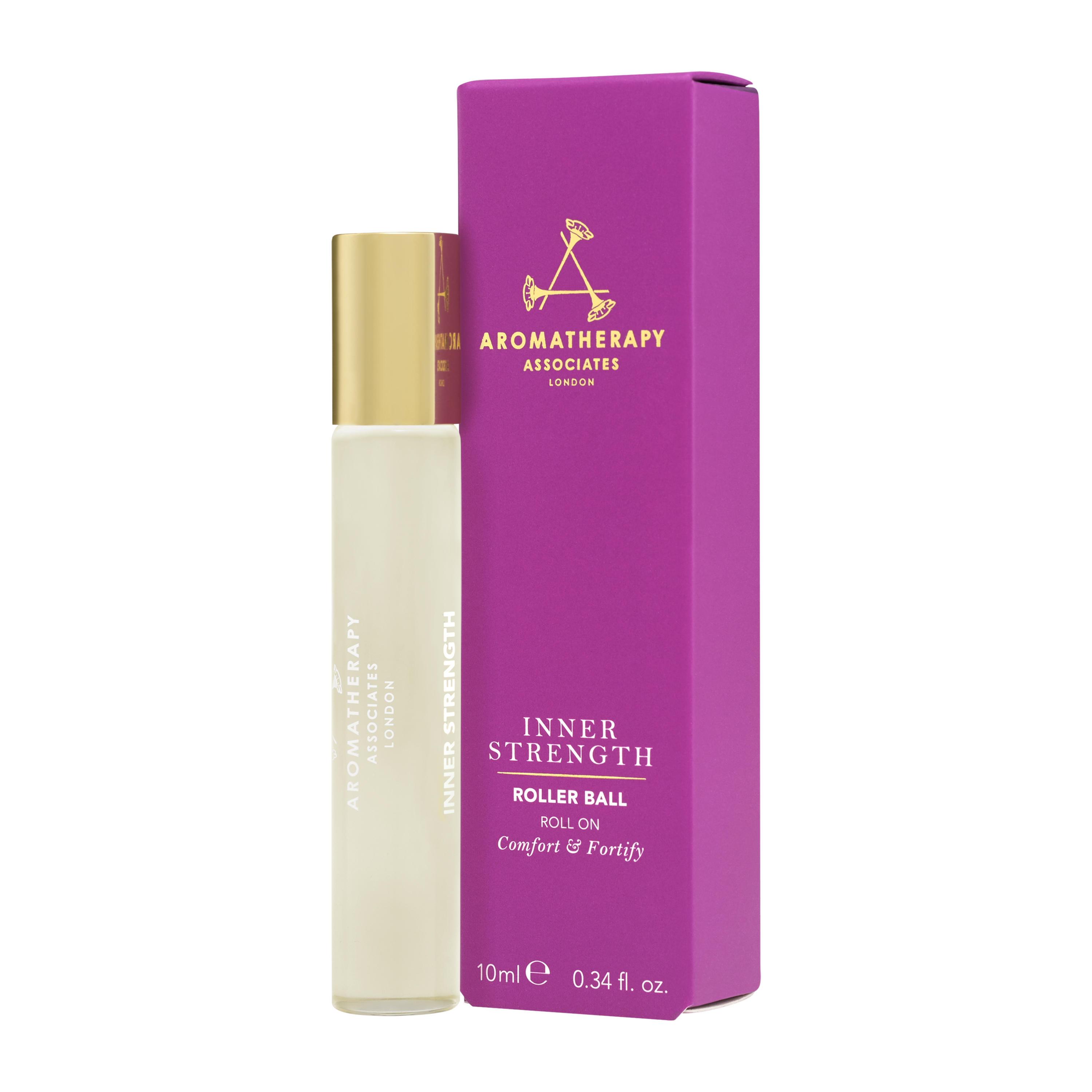Rediscovering our Balance

How to cultivate resilience and inner strength at a time when we're experiencing such challenging and powerful emotions
By Jonathon Ward, Conscious Living Coach
There are moments in our lives that change everything. A chance meeting, an opportunity that we took or didn’t take. When we look back on it we can see the echoes of its impact.
This will be one of those times, when the structures, routines and foundations that we have come to rely on, are shaken so much that, at times, we feel unsteady and un-grounded.
Brené Brown refers to this as an TFT - a Terrible First Time.
What is happening in this global TFT is that we are thrown into involuntary and collective vulnerability. Vulnerability brings with it its constant companions - uncertainty and emotional exposure.
Our brains do not thrive in times of uncertainty ~ they like certainty. Certainty = safety. Our brains are wired to seek safety in order to survive.
We may then react emotionally with anxiety, fear, hysteria, anger, grief.
When our survival is threatened we may move into our primal responses; flight, fight, freeze.
We flee into familiar and perhaps uncomfortable behaviours (food, shopping, watching too much news, scrolling through social media, candy crush); pick fights with those around us and/ or create war with ourselves; or we freeze into inaction and procrastination.
Now you have a choice ~ to lose yourself in your unconscious behaviours or use the opportunity to grow your inner strength.
How do we cultivate resilience and inner strength at this time when we are experiencing such challenging and powerful emotions?

What can we learn from the work of Brené Brown?
1. Acknowledging that we are in a TFT
2. Normalising discomfort
3. Putting it into perspective
4. Reality-checking our expectations
There are two hugely important elements to keep coming back to
Trust
When we feel vulnerable we look for safety, and we can find that in those that we trust; people who have earned the right to hear our story.
Who is in your circle of trust? Connect with them often and share as much as you can about how you are feeling.
Values
We have to remember what is important to us. This may have altered in the last few weeks. Ask yourself what really matters now? Holding on to these and making sure you are honouring this with clear and conscious boundaries builds resilience. You might find that some of your values are challenged at this time and you may have to make conscious compromise to reach conscious coherence in your value system. In order to achieve one value you may have to compromise on another one. As long as the choice is conscious, inner conflict can be minimised. The key is to acknowledge what is here and lean into what you are feeling, sharing what you feel able to, as best as you can.
What we can learn from mindfulness?


Choosing your mindset:
How you frame a situation and the language you use has a powerful impact on your state of mind. Notice the difference in “ I am stuck inside” to “I get the chance to stay at home”.
Practising gratitude: Is a way of being with vulnerability and also reminds you what you do have, particularly the small things, rather than lamenting what has been taken away.
5,4,3,2,1: Being in the present moment (easier said than done!) means that you are not focusing on comparative nostalgia (focusing on how good or bad life used to be) or the ‘what ifs’ of the future. Name 5 things you can see, 4 things you can hear, 3 things you can feel, 2 things you can smell, 1 thing you can taste.
4/7 Breathing: Breathe in for 4 and out for 7. This exercise engages your parasympathetic nervous system which helps to bring calm and relaxation. Breathing out through your mouth as if you are whistling helps to slow the breath down.
What we can learn from mindful self-compassion?

This might feel like something that is not in your tool box, but part of the beauty of self compassion is that it is a skill that can be learned. The most important question to ask is...
“What do I need?” If you are more used to taking care of others rather than looking after your own needs, this can be hard and feel sefish, but it is the most self-kind question. Without taking care of yourself, you are less able to take care of others.
Opening and closing This goes hand in hand with asking “what do I need”. When we first introduce to mindful self compassion students that they can choose to open and choose to close around certain experiences, it can come as a surprise. The skill of recognising when to move towards and engage, and when to choose to say no is an act of deep self compassion.
Soothing touch As part of the mammalian care giving system, we humans respond to touch and warmth. Perhaps the simplest way is to place your hand on your heart (or another part of your body that feels comfortable) and allow yourself to experience both warmth and touch.
Geraldine Howard developed the blend of Inner Strength to support her through her diagnosis of cancer. I was fortunate enough to know her at this time of her life and her resolve and capacity to be with what she was experiencing was deeply inspiring.
You can increase your own capacity to be with what is difficult by growing your own inner strength. Sometimes this needs to be moment to moment ~ paying full and compassionate attention to one breath and then the next.
We cannot know what is coming, but through mindfulness and self compassion we can establish an inner strength to be with whatever comes our way.
“You build inner strength through embracing the totality of your experience, both the delightful parts and the difficult parts. Embracing the totality of your experience is one definition of having loving kindness for yourself.” Pema Chödron














